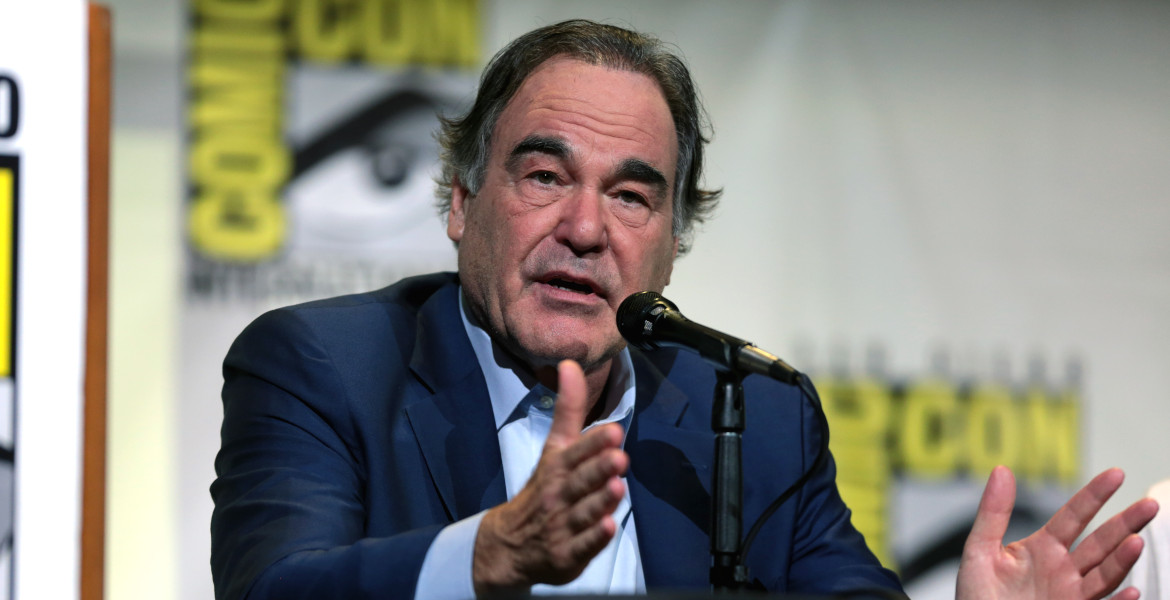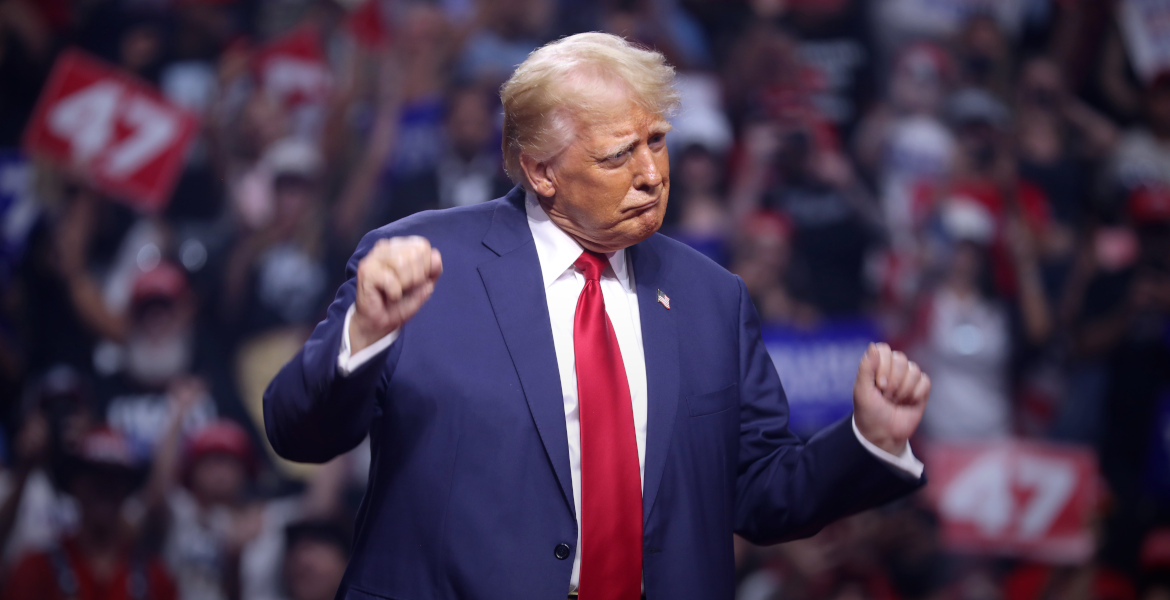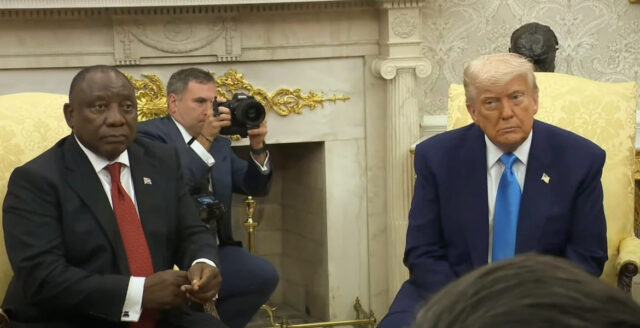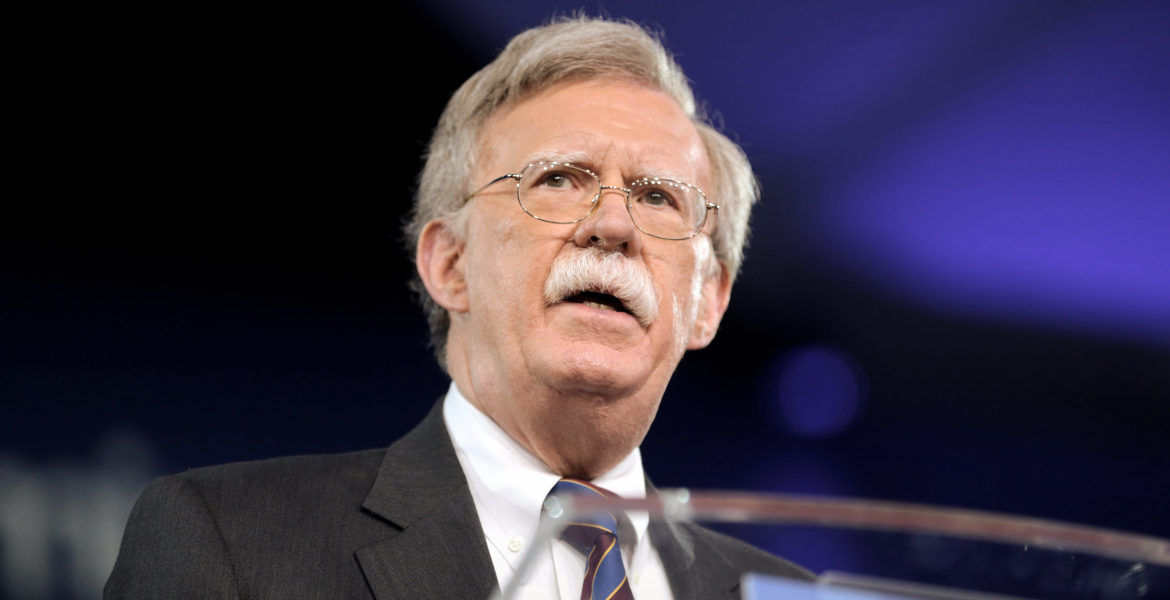Film director Oliver Stone sharply criticizes Donald Trump's foreign policy, saying he has betrayed his promise of peace. In a post on X, he expresses frustration with Trump's bombing of Yemen and deplores the aggressive line now being taken against Iran.
Oliver Stone, known for films such as Platoon (1986), Born on the Fourth of July (1989) and JFK (1991), attacks Donald Trump's foreign policy and expresses deep disappointment with the President's actions in a post on X.
Stone points in particular to the US bombing in Yemen, in response to Houthi rebel attacks on shipping in the Red Sea. He questions why Trump does not seek diplomatic solutions with Iran, which supports the Houthi rebels, instead of escalating the conflict.
– What the hell is going on? Trump has turned into Biden? Mercilessly, relentlessly bombing Yemen and aggressively seeking a new war with Iran. Why doesn’t Trump at least meet with the Iranian leaders, as he did North Korea’s?
What the hell is going on? Trump has turned into Biden? Mercilessly, relentlessly bombing Yemen and aggressively seeking a new war with Iran. Why doesn’t Trump at least meet with the Iranian leaders, as he did North Korea’s? Why doesn’t he educate himself a little and learn about… https://t.co/v4u6kI6I5Q
— Oliver Stone (@TheOliverStone) March 31, 2025
Referring to Parthia
Stone also highlights Iran's historical resilience and refers to the Parthian Empire, which never gave in to Rome. He warns that a military strategy against Iran risks failure and urges Donald Trump to learn more about the region's cultures.
The criticism also reflects a broader disappointment among some of Trump's voters, who expected a more peace-oriented policy after his election victory, and Stone also refers to another (John M. Macgregor's) analysis of the discontent. Macgregor, in turn, lists several promises that Trump did not fulfill, such as ending the Russia-Ukraine war and reducing US involvement in Middle East conflicts.
US attacks in Yemen are justified by the Trump administration as protecting international shipping lanes. At the same time, Donald Trump has warned Iran of consequences if it continues its support for the Houthi rebels, which has increased tensions in the region.
While some see Donald Trump's actions as a necessary response to security threats, critics such as Oliver Stone and former colonel Douglas Macgregor argue that it goes against his previous promises to put "America first" by avoiding foreign conflicts.





